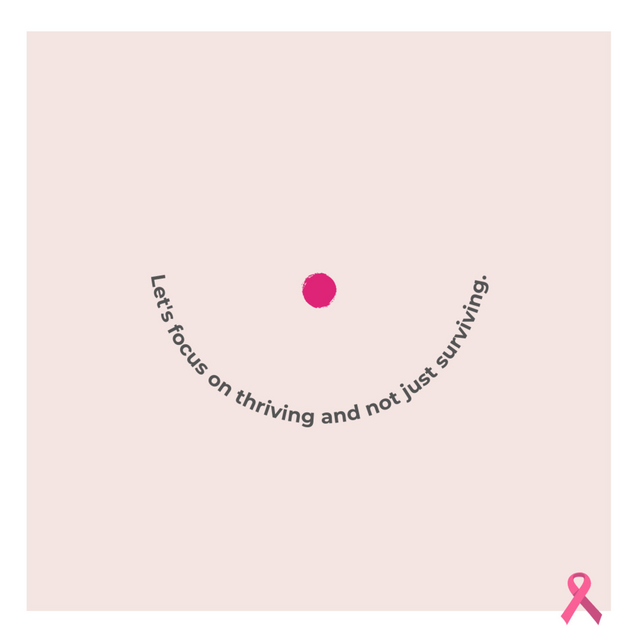Article
Motherhood After Breast Cancer

Navigating the Path Forward
Balancing the dreams of motherhood with the realities of a breast cancer diagnosis can present a unique set of obsticals, especially for young women. This article discusses both safety and challenges, offering insights into the associated risks and considerations.
The Safety of Motherhood After Breast Cancer
The good news is that motherhood after breast cancer and its treatment is safe for both mother and child. However, as a cancer survivor, pregnancy requires special attention due to several increased risk factors such as underweight births (+50%), intrauterine growth retardation (+16%), an increase in the number of pre-term deliveries (+45%), and cesareans (+14%). [1]
Challenges of Pregnancy During Cancer Treatment
Medical professionals generally advise to wait before trying to get pregnant following the end of cancer treatment. The body needs time to recover from the effects of cancer treatment, such as surgery, systemic treatment, or radiation therapy. Furthermore, breast cancer and its treatments can affect fertility in various ways.
Exploring Options
It is crucial to talk to your treating physician at the beginning of the treatment, as options like downregulation of the ovaries during chemotherapy or cryoconservation of oocytes after stimulation might be a choice to preserve fertility [2,3,4]. Discuss your familiy planning with your healthcare team and explore pages like https://fertiprotekt.com/en/ to learn more about the options for fertility preservation as well as assisted reproduction. It is important to contact experienced specialists in this field to be able to make informed treatment choices [1].
Breastfeeding Considerations
Certain medical procedures, such as radiotherapy and surgery, but also systemic treatment may compromise the possibility of breastfeeding. However, a lot of breast cancer survivors will be able to breastfeed their children [3,4].
After Cancer Treatment
If you are planning to start a family, it's essential to contact your gynecologist as well as your treating oncologist to discuss this special situation. Adressing open questions, hopes and fears can provide clarity for the journey.
Coping with Permanent Infertility
Regrettably, some women may experience permanent infertility, which can have profound effects on the mental health and relationships. It is important to recognize the significance of seeking both social and professional support. Moreover, it's crucial to keep in mind that alternative avenues to parenthood, such as adoption, offer opportunities for those desiring to nurture and raise children.
Conclusion
In summary, breast cancer presents unique challenges on the path to motherhood. The guidance of healthcare professionals, the support of loved ones, and personal resilience are essential on this journey. Breast cancer may shape your story, but it does not define the entirety of your life's narrative.
Author: Ennio Iannitto (LILT Palermo), Tom Degenhardt (Outdoor Against Cancer OAC)
References:
- Arecco, L et al. “Safety of fertility preservation techniques before and after anticancer treatments in young women with breast cancer: a systematic review and meta-analysis.” Human reproduction (Oxford, England) vol. 37,5 (2022): 954-968. doi:10.1093/humrep/deac035
- Azim HA Jr, Santoro L, Pavlidis N, et al. Safety of pregnancy following breast cancer diagnosis: A meta-analysis of 14 studies. Eur J Cancer. 2011;47:74-83.
- Hickey M, Peate M, Saunders CM, Friedlander M. Breast cancer in young women and its impact on reproductive function. Hum Reprod Update. 2009;15:323-339.
- Lambertini M, Blondeaux E, Bruzzone M, et al. Pregnancy after breast cancer: A systematic review and meta-analysis. J Clin Oncol. 2021;39(29):3293-3305.
- National Cancer Institute. Breast Cancer Treatment and Pregnancy (PDQ®). 2019. Accessed at www.cancer.gov/types/breast/hp/pregnancy-breast-treatment-pdq on October 21, 2021.
